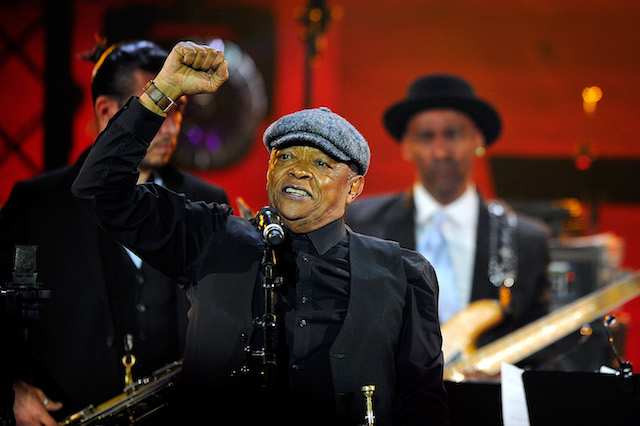Being a child in a Black Nationalist African American household in the 1980s meant that the movement to end apartheid in South Africa was always just under the surface of any political conversation.
At a very young age, I learned that Afrikaners, the devilish Dutch colonialists who beat out the equally evil British colonialists to control South Africa, legally enshrined White supremacy there in 1948. I knew that "apartheid" was a perverse system although I couldn’t break down how it systematically segregated public spaces and jobs; limited the travel of the Black majority; forced Black and mixed-raced "Coloured" people to register by race; forcibly removed Blacks from thriving neighborhoods and resettled them in substandard "homelands;" stripped them of South African citizenship; instituted inferior "Bantu education"; stimulated the growth of a brutal migrant labor market; systematically separated Black families; and imprisoned the activists whom Afrikaner authorities didn’t murder first.
In my young mind, my responsibilities to the South African freedom struggle were weighty: I had to boycott gold, the country’s top export, despite the fact that doorknockers and chains were key elements of style in Black America. Coca Cola was a major investor in apartheid so I joined the boycott rather ingesting a carbonated, sugary extract of my own people’s blood. Terms like "amandla" ("power" in Zulu and Xhosa), the play "Sarafina," the White-savior film "Biko" and the massive 1990 rally in New York City celebrating the release of Nelson Mandela were like white noise—always there, sometimes nagging, selectively dampening other sounds.
But the music of Hugh Masekela, the father of South African jazz who died of prostate cancer today (January 23), gave me actual joy. I didn’t know why this trumpeter, who lived in exile for 30 years, was so essential to the struggle. I just remember bopping my head to "Grazing in the Grass" and soaking up the party-time funk of "Skokiaan" when the grownups played it at otherwise scary political meetings. Masekela had a sense of humor, once asking a reporter if he used "horizontal activities" to stay young and once telling a buttoned-up audience to "stand up and shake a little booty" to the freedom song, "Nelson Mandela (Bring Him Back Home)." A few years ago, to my Baby Boomer mother’s delight, Masekela told a reporter that he’d taken up Tai Chi. He was 75 at the time but determined, like her, to stay flexible, strong and able to do his work. I was happy to see how tickled she was, how my association of Masekela with happiness withstood time and adulthood.
Hugh Masekela, who started playing trumpet at 4 and recorded 40 albums in his lifetime, is gone at age 78. But for me, he will always serve as a reminder that joy is not a luxury in struggle. And I deeply believe that he is resting quite well.
